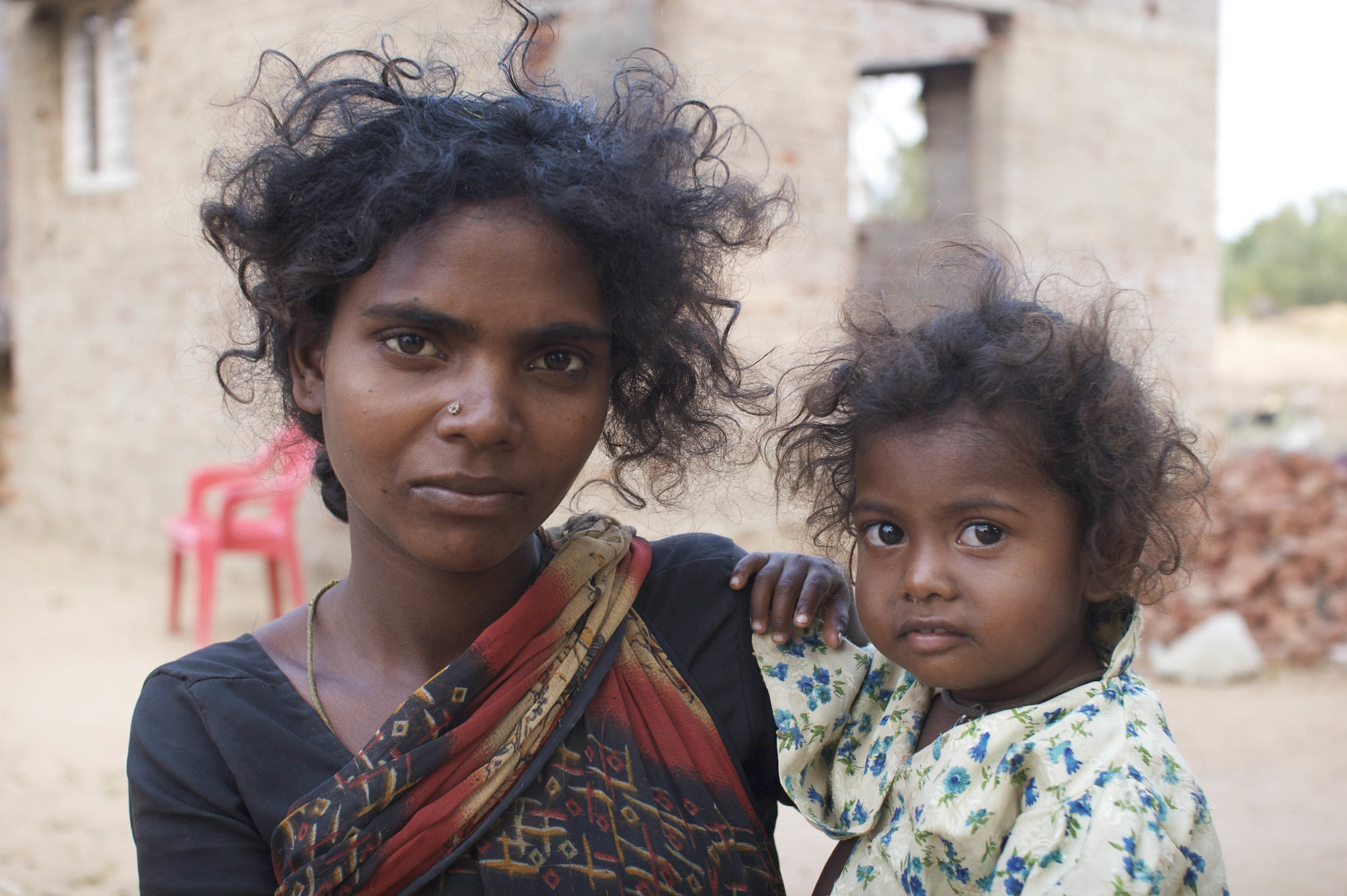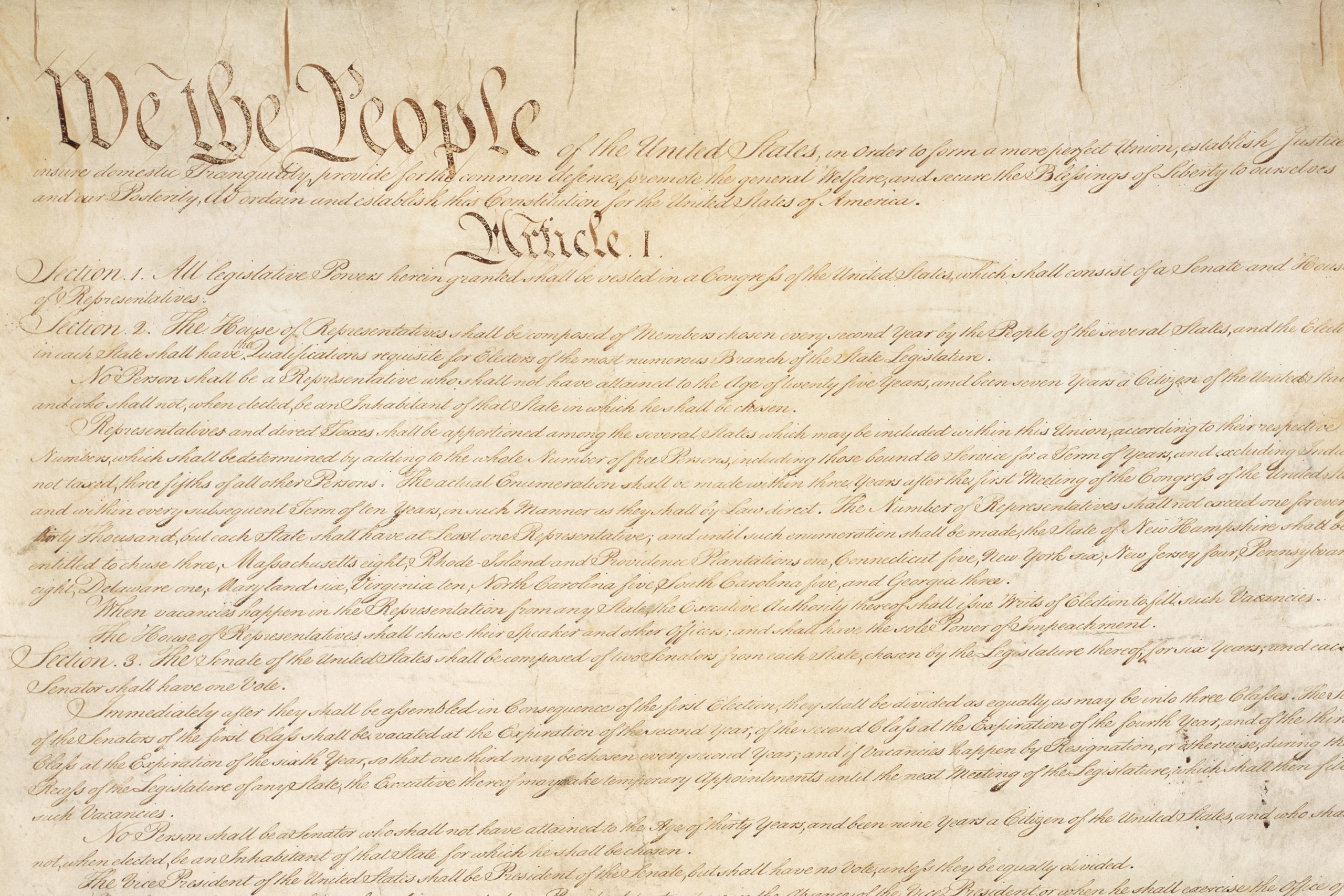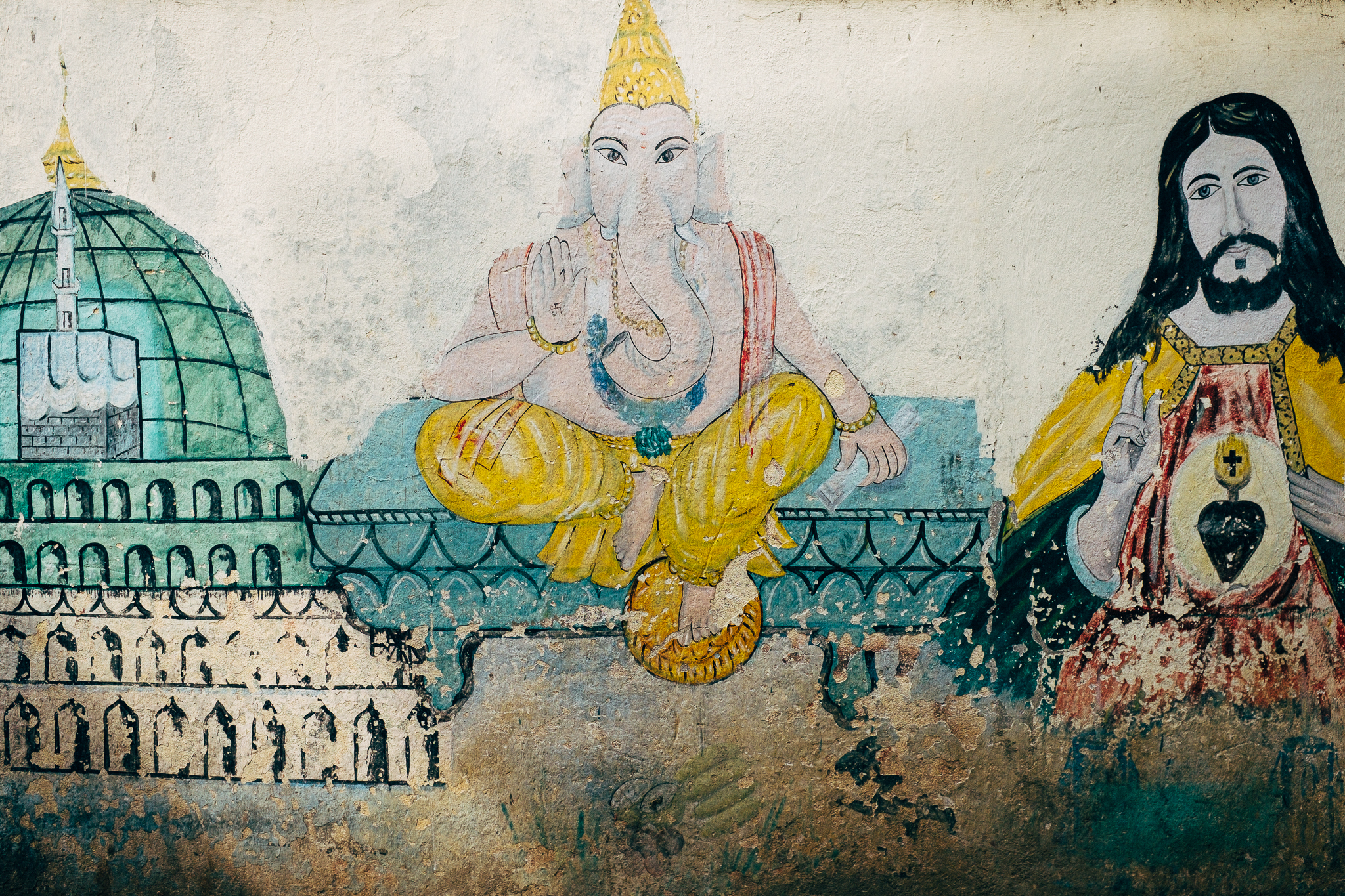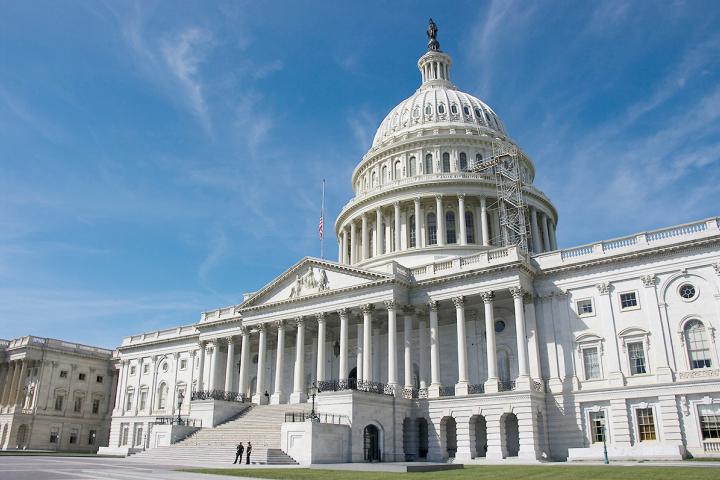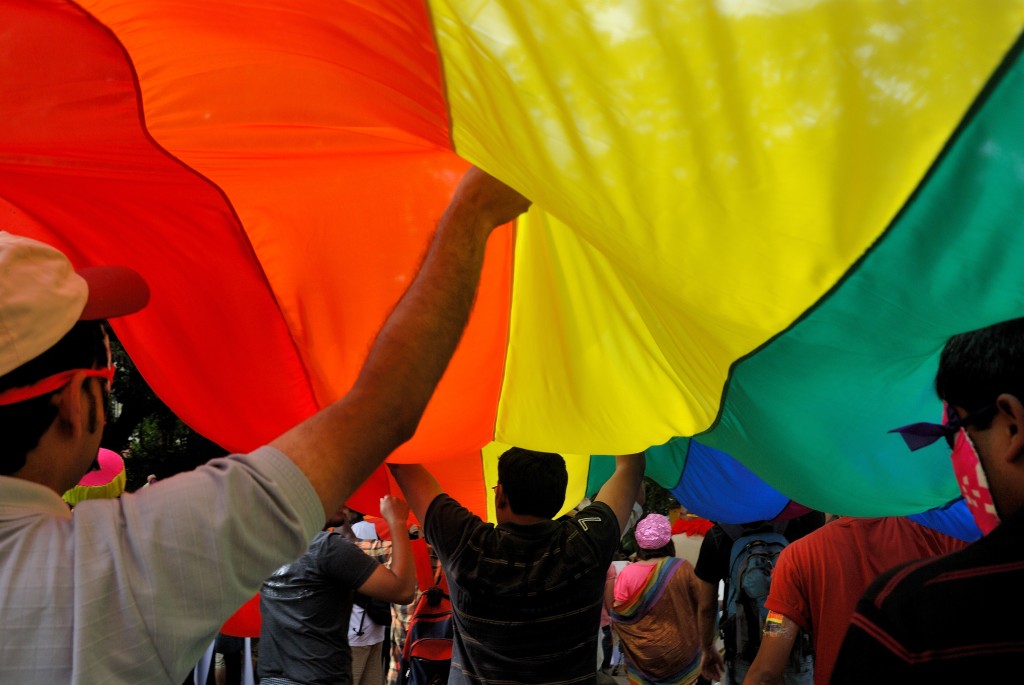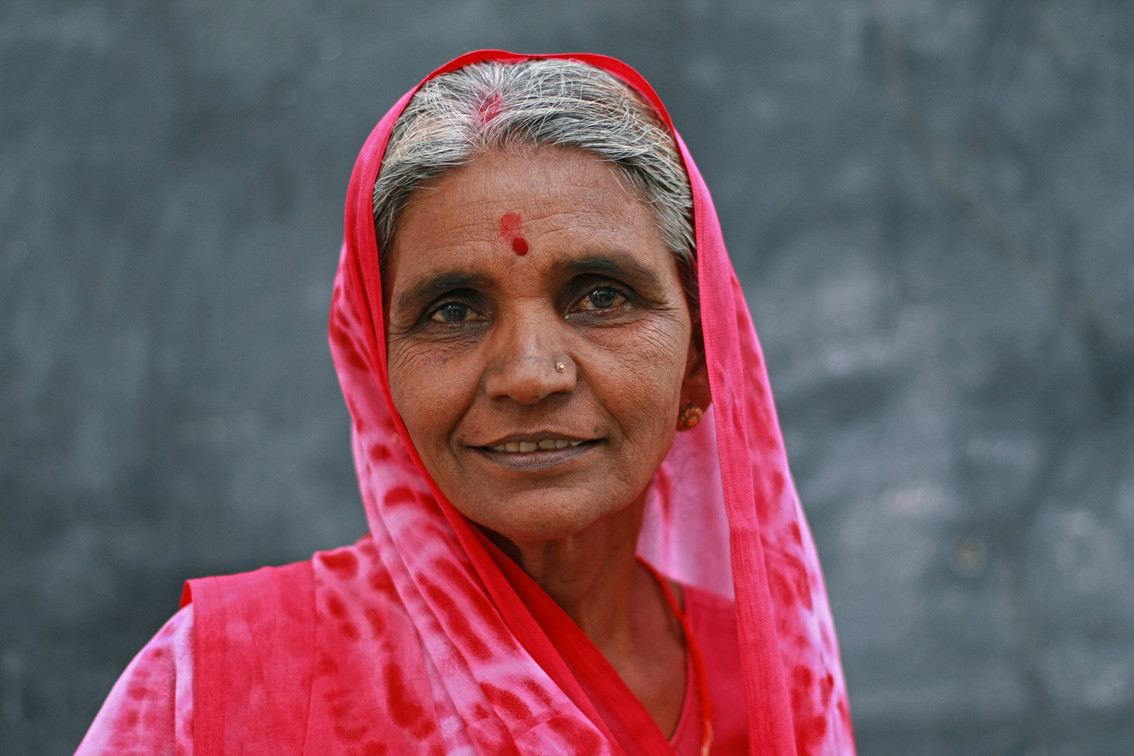Hinduism teaches that the Divine is equally present in all. Because all beings are connected through this shared divine presence, prejudice and discrimination against anyone or any group violates this most profound and fundamental teaching and the moral duties of selflessness, non-injury, and truth evoked by it. Hinduism’s wide array of sacred texts, stories, and poetry, and widely respected spiritual teachers, both past and present, repeatedly emphasize this profound life lesson.
The Hindu American Foundation vehemently opposes all forms of prejudice and discrimination, including caste discrimination, and promotes equal civil, religious, and spiritual rights for all. Moreover, we hold that prejudice and discrimination is wrong and unacceptable, regardless of whether it is prohibited by policy or law.
We acknowledge that prejudice and discrimination on the basis of various perceived differences in different quarters and levels of Indian society exist despite substantial efforts made over long periods of time by a wide range of actors, including Hindu spiritual leaders, the Indian government, organizations, and individuals.
We reject any claim that prejudice and discrimination based on caste are inherent to Hinduism.
We believe that spiritual movements are the foremost answer to bringing about real and lasting social change and the wellbeing of all. Accordingly, we support the calls and work of all leading Hindu sampradayas, lineages, and institutions which emphasize the Hindu teachings about the equal presence of the Divine in all beings, promote practices that sustain this truth and empower those who suffer, and openly and strongly condemn the inhumanity of prejudice and discrimination.



